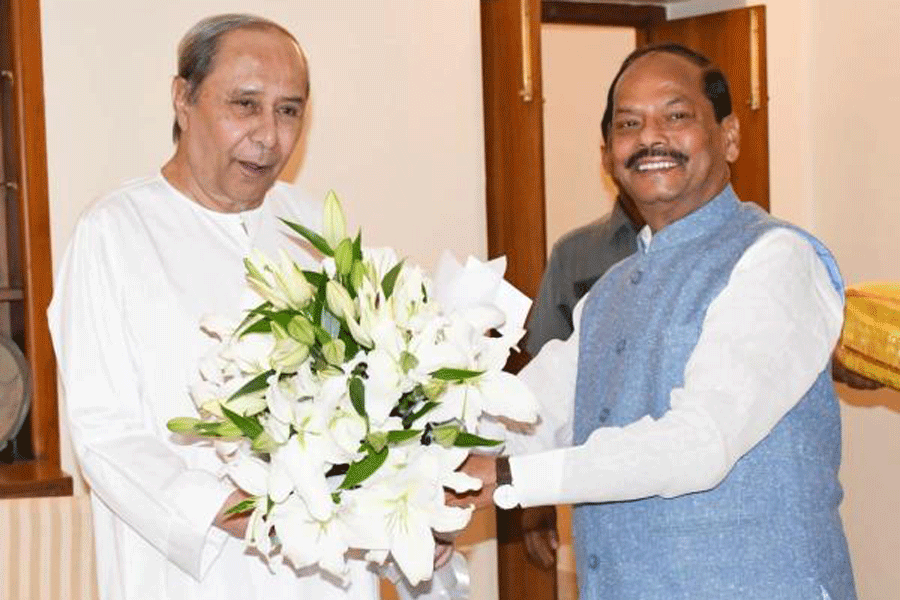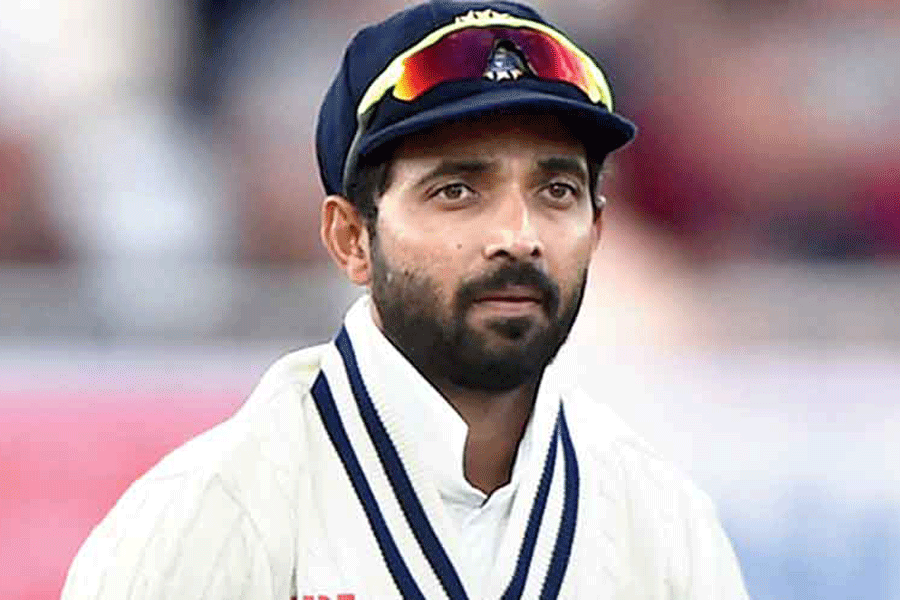India's TB Elimination Plan Jeopardized by Chronic Shortages of Anti-TB Medicines in Government Clinics
Concerns Raised Over Treatment Failures, Drug Resistance, and Public Health Impact

Doctors and patient groups have filed new complaints with the Center citing concerns that ongoing shortages of anti-tuberculosis medications in government clinics could increase treatment failure rates, foster drug resistance, and undermine India's goal of "eliminating" tuberculosis by 2025.
In letters sent earlier this week to the Union Health Ministry and the Prime Minister's Office, public health professionals and patient organizations raised concern that patients undergoing treatment in government TB clinics across multiple states have been negatively impacted by anti-TB medication shortages.
The majority of TB patients are prescribed fixed-dose combinations of first-line treatments, which are in short supply. These shortages have been brought up by patient groups that had previously protested about shortages of second-line anti-TB medications used for drug-resistant TB last August.
In a letter to Prime Minister Narendra Modi on Friday, a coalition of patient advocacy organizations, including the Jan Swasthya Abhiyan, and TB survivors stated, "We are deeply disturbed that India is experiencing stock-outs of critically required drugs to treat people with TB."
Lack of fixed-dose combinations of pyrazinamide, ethambutol, isoniazid, and rifampicin—four medications that nearly all patients with drug-sensitive tuberculosis must take for two months before resuming therapy with a combination of two medications—has been mentioned in the letter.
The consortium expressed worries in the letter that patients who undergo treatment interruptions for tuberculosis run the danger of developing drug-resistant strains of the disease. "An inadequate and poorly administered treatment regimen facilitates drug-resistant strains," the consortium stated. Additionally, these individuals might carry the illness to their close contacts, increasing the number of TB cases in India and impeding efforts to manage the disease. The letter added that the shortages "threaten to undo gains made by the TB control program."
In 2018, the Modi administration declared its intention to eradicate tuberculosis by 2025, which is five years ahead of the World Health Organization's 2030 worldwide target. In order to reach the elimination target, the Union Health Ministry has increased the scope of its TB diagnostic and treatment services during the last five years. Other initiatives include providing dietary support for patients with tuberculosis.
Some medical professionals are skeptical that India would be able to eradicate tuberculosis by the end of the year, citing ongoing shortages of anti-TB medications as further obstacles to the elimination strategy.
T. Sundararaman, a community medicine specialist and former executive director of the National Health Systems Resource Centre, a health ministry division tasked with planning and evaluating healthcare resources, said, "The current stock-outs appear to be unprecedented."
Earlier this week, Sundararman and Yogesh Jain, a doctor and public health specialist from Chattisgarh, wrote to the Union health secretary regarding what they called a "precarious situation" resulting from the stockouts. According to their own observations and information gathered from the public and healthcare provider community, drug shortages have been reported in Rajasthan, Madhya Pradesh, Chhattisgarh, Jharkhand, Karnataka, and Madhya Pradesh.
The letter stated, "As a coping mechanism, many centers are supplementing individual medications with paediatric formulations that are in stock or lowering the number of days for which doses are issued at each visit." "Many patients have told us over the phone that they came for their monthly prescription but had to leave without anything. It is stated that the situation is considerably worse when it comes to medication for drug-resistant tuberculosis.
Except for the headline, this story has not been edited by Press Time staff and has been published from a syndicated feed.























































